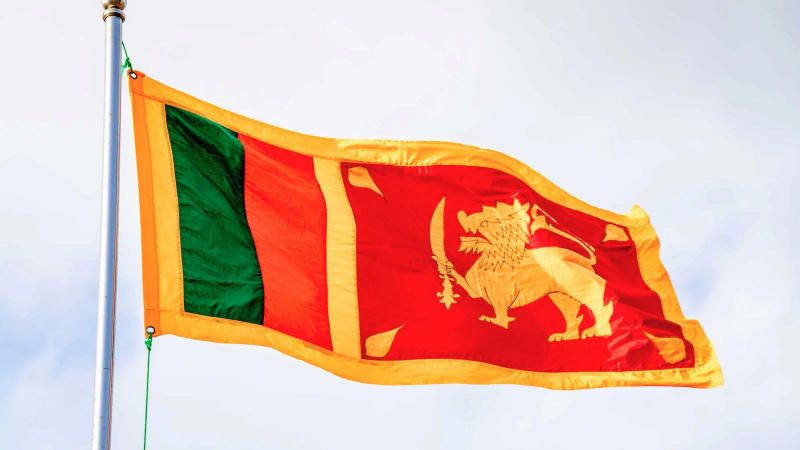Published 19:26 IST, December 30th 2023
Sri Lanka commits to the IMF bailout programme
The IMF programme remains pivotal, subject to periodic reviews and renegotiations, according to Weerasinghe.

Sri Lanka's central bank governor, Nandalal Weerasinghe, emphasised that the nation's faltering economy has no alternative but to adhere to the ongoing $2.9 billion IMF bailout programme. Weerasinghe's stance followed the approval of the second tranche, totalling $337 million, by the International Monetary Fund (IMF) earlier this month.
“We have to go on the same path. If we were to leave the programme, we would have to pay $6 billion a year in repayments,” Weerasinghe stated, reiterating the country's reliance on the IMF programme to address its economic bankruptcy.
Debt Restructuring and Economic Reforms
President Wickremesinghe echoed a similar sentiment, underscoring that there was no alternative for Sri Lanka to alleviate its economic bankruptcy except through the IMF programme. Opposition parties, notably the Samagi Jana Balawegaya (SJB), have vowed to renegotiate the conditions attached to the IMF bailout, citing economic hardships for the populace.
The country grappled with its worst economic crisis in 2022, prompting foundational reforms supported by the World Bank and the Asian Development Bank. Wickremesinghe defended the tough economic reforms introduced during IMF negotiations, acknowledging short-term hardships but advocating for long-term relief.
As Sri Lanka navigates its economic recovery, the IMF programme remains pivotal, subject to periodic reviews and renegotiations, according to Weerasinghe. The IMF deal has brought international support, facilitating macroeconomic stability and private sector-led recovery in a bid to mitigate adverse impacts on vulnerable segments of the population.
(with PTI inputs)
Updated 19:26 IST, December 30th 2023




